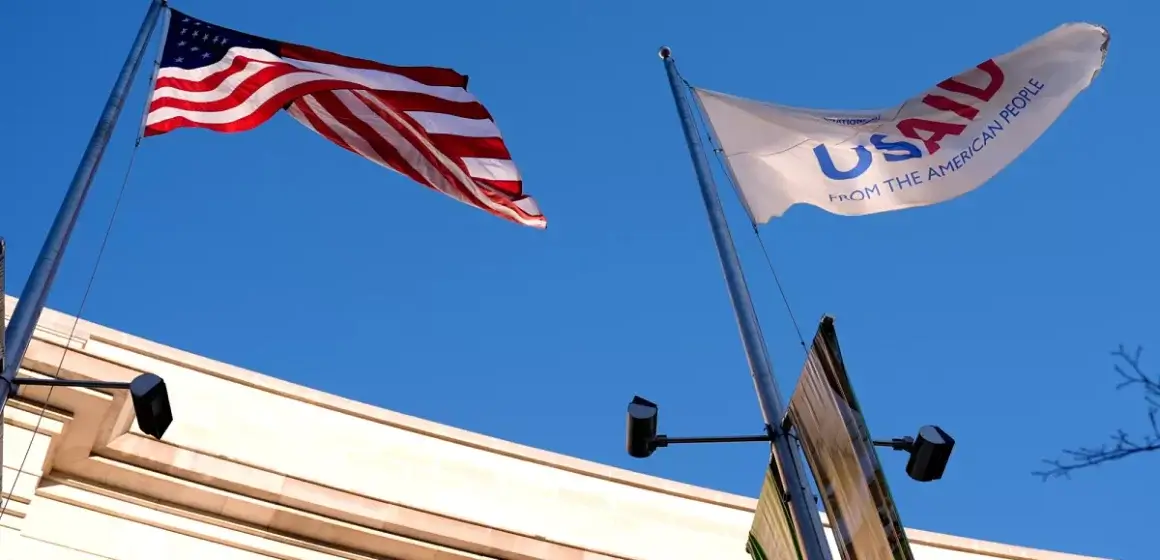|
LISTEN TO THIS THE AFRICANA VOICE ARTICLE NOW
Getting your Trinity Audio player ready...
|
The Trump administration this week moved to slash staffing in the U.S. Agency for International Development (USAID), reducing its workforce to fewer than 300 employees from over 10,000 worldwide.
The decision, part of a broader government restructuring effort, has sent shockwaves through the international aid community, raising concerns about the future of life-saving programs in some of the world’s most vulnerable regions.
Sources familiar with the plan confirmed that only 294 employees would remain at USAID, including just 12 in the Africa bureau and eight in the Asia bureau. The move is expected to cripple the agency’s operations, which have historically played a crucial role in responding to crises such as famine, disease outbreaks, and refugee emergencies.
Former USAID administrator J. Brian Atwood, who led the agency for more than six years, criticized the decision as reckless and devastating. “USAID has helped prevent countless deaths over the years. Dismantling it like this will have catastrophic consequences,” he said. Now a senior fellow at Brown University’s Watson Institute, Atwood warned that millions could suffer due to the abrupt cuts.
The restructuring is being spearheaded by billionaire businessman Elon Musk, a close friend of Trump who has been leading a broader government overhaul. Since taking office on January 20, Trump’s administration has sought to consolidate agencies and eliminate what it perceives as bureaucratic inefficiencies. USAID has been a particular target, with Trump and Musk accusing the agency of corruption—claims that critics argue are unfounded.
The decision to downsize USAID follows a series of aggressive measures, including mass layoffs of contractors and the suspension of hundreds of aid programs worldwide. On Tuesday, the administration ordered all direct-hire employees to be placed on administrative leave and announced that thousands of overseas personnel would be recalled.
The sweeping cuts have left many humanitarian efforts in limbo, with organizations that rely on USAID funding now scrambling to determine their next steps. Aid groups have warned that food security, disease prevention, and poverty alleviation programs in dozens of countries will be severely disrupted.
USAID has been a cornerstone of U.S. foreign policy for decades, providing assistance to more than 130 countries each year. In 2023, its top recipients included Ukraine, Ethiopia, Jordan, the Democratic Republic of Congo, Somalia, Yemen, and Afghanistan—many of them nations grappling with war and economic instability. With billions in funding now uncertain, aid experts fear the worst for communities that depend on U.S. support.
Secretary of State Marco Rubio, who has also been appointed acting USAID administrator, has hinted that some programs might be exempt from the sweeping cuts. However, the lack of clarity has only fueled uncertainty among aid workers and policymakers.
The ultimate goal of the administration appears to be merging USAID with the State Department, consolidating control under Rubio. However, such a move faces significant legal hurdles, as USAID was established through congressional legislation. Without approval from Congress, efforts to fully absorb the agency into the State Department remain in question.











LEAVE A COMMENT
You must be logged in to post a comment.